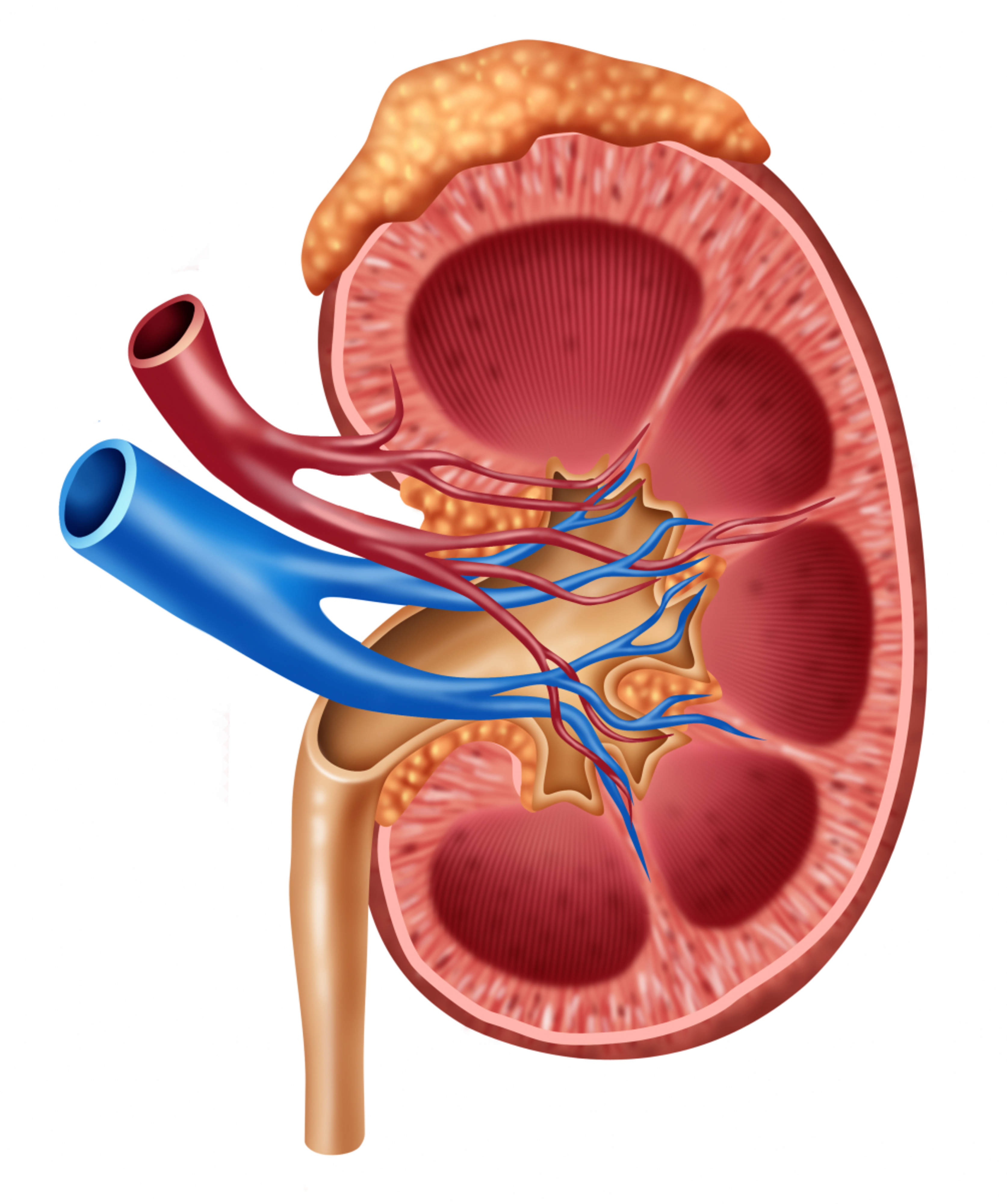
A kidney disease resulting from diabetes is called a diabetic kidney disease. The technical term for kidney disease is nephropathy.
As a result of long-term high blood sugar, harmful advanced glycation end-products can build up in the body and kidneys. They are called AGE products. There are also chemical reactions that damage the glomeruli. The glomerulus is the filtering unit of the kidneys. All of the blood in the body passes through it roughly twenty times a day. As a consequence of the damage, the pressure inside the glomeruli grows, resulting in proteins in the blood leaking through the filters into your urine. If the damage to the glomeruli increases, they start to lose their ability to filter, resulting in kidney failure.
In type 1 diabetes, it is rare for albumin to be present in urine, if diabetes has lasted less than five years. When diabetes is first diagnosed and annually starting not later than five years after the diagnosis, urine tests and blood tests are conducted to check the presence of albumin in urine and the filtration rate of the kidneys. In the last few decades, it has become increasingly rare in people with type 1 diabetes for kidney disease to become severe.
In the case of type 2 diabetes, the urine albumin level can be established already when diabetes is first diagnosed, with screening tests performed on an annual basis. Type 2 diabetes has been the most common medical condition leading to severe kidney disease and dialysis treatment in Finland since 1999. But even in people with type 2 diabetes, the incidence of severe kidney disease has decreased over the last few years.

